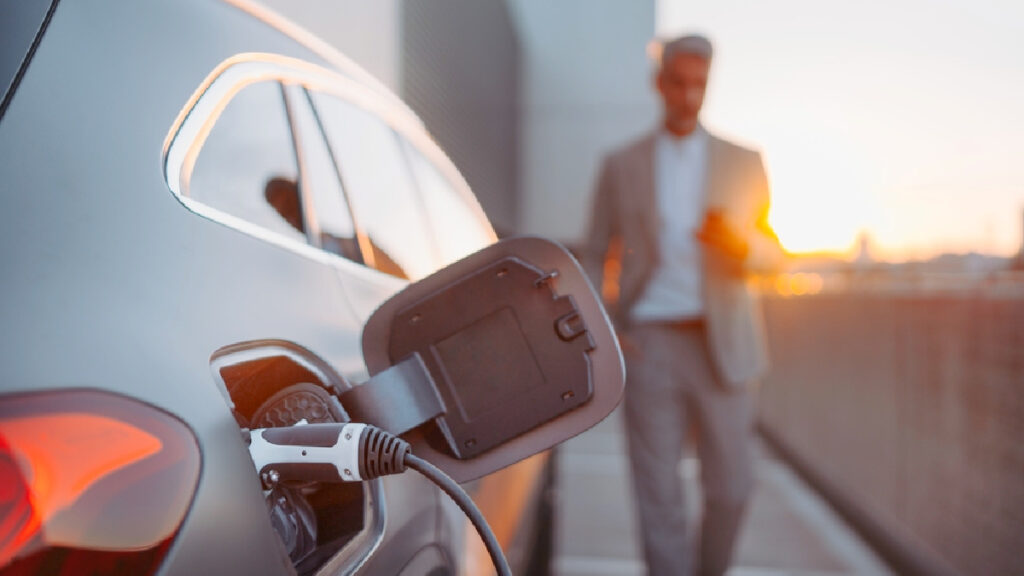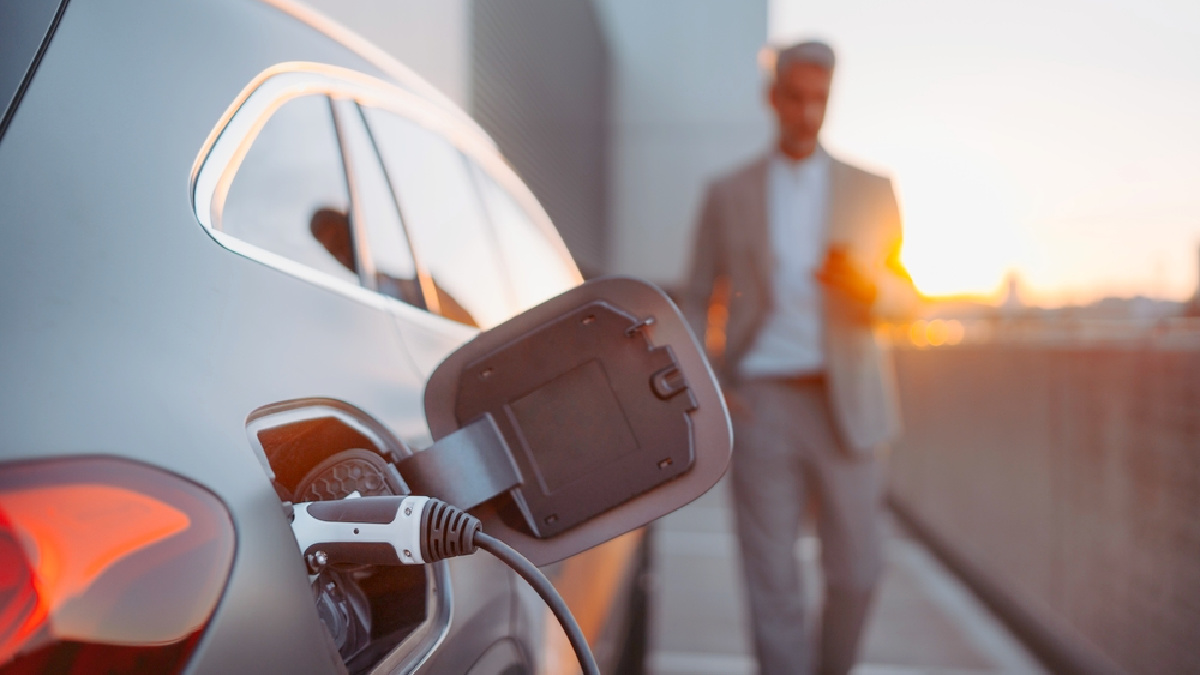Last Updated on September 16, 2024 by Kristin

Rental car companies are increasingly offering electric vehicles in their fleets. While you won’t have to fill a gas tank, there are some charges that might not be immediately apparent to first-time renters. Here are some of the hidden costs of renting an electric car.
Charging Fees
While you will not have to pay for gas when using an all-electric vehicle, there’s a good chance you will have to charge the car at some point before turning it back into the rental company. To do this, you will most likely pay charging fees.
Ask AutoSlash for a Quote on a Cheap Car Rental
How long you have to charge the car and how much it will cost depends on the type of charging method and the driving range of the vehicle. One of the best ways to charge an EV as a renter on the go is through a “fast” charging station, which can power up the vehicle in well under an hour.
Some of the most extensive public networks offering “fast” charging include ChargePoint, Electrify America, EVgo and Tesla Supercharger stations. Ask the rental car company if they have any agreements or partnerships with a specific brand.
While some public places may offer free EV charging, you will generally have to pay to juice up your vehicle. How much depends on the location and type of the charger. Fully charging an EV with one of these fast chargers typically costs anywhere between $10 – $30.
EV charging costs are usually denoted in cents per kilowatt-hour (kWh). Sometimes you’ll also have the option of paying per minute.
Idle Fees
One sneaky hidden charge of renting an electric car is the so-called “idle fee.” This is a fee that certain charging stations tack on for every minute that an EV is hooked up after it is fully charged.
For example, the Tesla Supercharger network charges 50 cents per minute in idle fees once a vehicle is fully charged. If the station is at full capacity, that fee doubles to $1 per minute.
Considering this common fee, it’s best to not stray too far while waiting for an EV to charge. Otherwise, an EV on the charger for hours unattended can lead to hefty fees.
Charging Penalties
Just like rental car companies require renters to agree to returning the car with a certain amount of fuel in the tank, EV renters must hand back their vehicles with a specified level of charge.
Some rental companies add an extra fee for returning an EV without a sufficiently-charged battery. Therefore, it is crucial to check the fine print of your rental agreement to know how much of a charge the car needs to have when you return it. Ignoring these rules can lead to hefty charges.
For example, Hertz’s terms and conditions currently stipulate that it will try to provide EVs to customers with the battery at least 80% charged. Returning the car with a battery charge of less than 70% will incur a $35 fee, unless the EV was less than 75% charged at the time of rental. Returning a car with less than 10% charge — something that can damage the battery — will result in an additional $25 fee.
To avoid having to worry about last-minute charging, Hertz also offers an option to pay a $35 recharge fee at the time of rental. However, this will likely be more costly than charging the car yourself.
Roadside Assistance
Another potential cost of renting an electric car is roadside assistance if the car battery runs out of power.
Let AutoSlash Track Your Car Rental for Price Drops
Rental car companies typically will not cover towing charges if your EV breaks down because you failed to charge it. For example, Hertz prohibits drivers from calling their own tow truck if this happens, and requires renters to pay the cost of a special flatbed tow truck arranged through its emergency roadside assistance service.
Broken or Faulty Equipment
The cost of renting an electric car can also include dealing with breakdowns. Electric vehicle equipment is typically exempt from the rental company’s Collision Damage Waiver (CDW) or Loss Damage Waiver (LDW), which means the renter is on the hook if they damage it. Damaging or losing charging stations, cables, adapters, key fobs or other EV equipment will incur charges.
Extra Insurance
EVs tend to be more expensive than gas-powered cars due to their high-tech components, and your personal auto policy may not cover a rental. Before renting an EV, make sure to determine whether you need to buy extra coverage at the rental counter.
Related:




